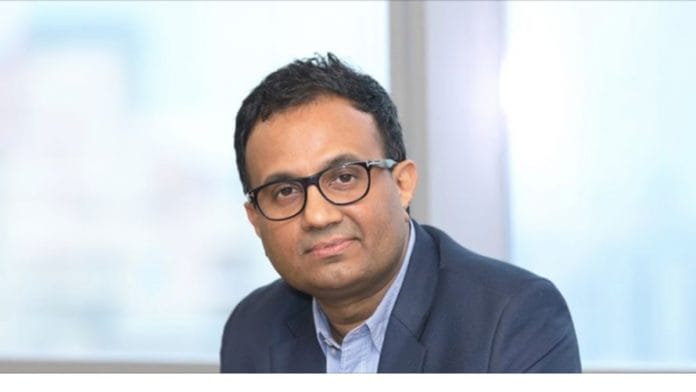New Delhi: Facebook is and always has been an open, transparent and non-partisan platform where people can express themselves freely, said the social media giant Friday, a week after a Wall Street Journal article triggered a controversy over the company’s hate speech policy.
In a blog post on Facebook, the company’s India head, Ajit Mohan, said he was taking the opportunity to “offer clarity on policy development and enforcement at Facebook” after days of being “accused of bias in the way we enforce our policies”.
The WSJ article, which stated that Facebook India’s policy head Ankhi Das had been partial to the BJP, had triggered a controversy, resulting in the company being summoned by the Parliamentary Standing Committee on Information Technology.
Mohan, who is the vice president and managing director of Facebook India, addressed these issues, saying, “We take allegations of bias incredibly seriously, and want to make it clear that we denounce hate and bigotry in any form,” adding that they “uphold the principles of democracy”.
While pointing out that that their ‘community standards’ define what stays on the platform and are “enforced globally”, he said that the policies are developed through input from internal and external sources like academics, safety and human rights NGOs, and activists — “to make sure we understand different perspectives on safety and expression, as well as the impact of our policies on different communities”.
Mohan said these policies do factor in “local sensitivities” in a culturally diverse country like India.
“An example is the inclusion of caste as a protected characteristic in our global hate speech policy in 2018,” he pointed out.
Also read: It’s not personal, just business — Facebook-WSJ controversy isn’t unique to India, BJP
‘Decisions are not made unilaterally’
Mohan sought to defend the actions of Facebook’s employees as well and said they “represent a varied political spectrum”.
“Despite hailing from diverse political affiliations and backgrounds, they perform their respective duties and interpret our policies in a fair and non-partisan way. The decisions around content escalations are not made unilaterally by just one person; rather, they are inclusive of views from different teams and disciplines within the company,” he said.
On how Facebook deals with hate speech, Mohan maintained, “There is no place for hate speech on our platform. We have an impartial approach … We enforce these policies globally without regard to anyone’s political position, party affiliation or religious and cultural belief.
“We have removed and will continue to remove content posted by public figures in India when it violates our Community Standards,” he reiterated.
Although the Facebook India MD did not directly address the issue of T. Raja Singh — the Telangana MLA whose posts promoting violence were not taken down on Das’ intervention, according to the WSJ report — he sought to defend how the company deals with individuals designated as “dangerous”. The WSJ report had said Singh was designated as “dangerous” by the platform.
The penalty for a “dangerous” account is severe, which means the person is removed from Facebook services along with “all praise, support and representation of them”, he explained.
“Because the penalty associated with designation is so severe, it’s important that our analysis is comprehensive and detailed, and that our process applies consistently and fairly around the world.”
Such decisions “cannot and are not made unilaterally (made) by just one person” but are made by taking in “different views from around the company”.
While noting that in the second quarter of 2020, Facebook had removed 22.5 million pieces of “hate speech content”, Mohan admitted that “we know this work is never over”.
“We’ve made progress on tackling hate speech on our platform, but we need to do more”.
Also read: Why should I apologise? Have right to opinion, says BJP MLA in WSJ-Facebook controversy







FB has not explained how a few people have got fake accounts in Raja Singh’s name and are still spreading hate. Singh has himself acknowledged this.